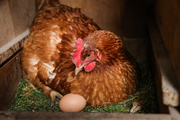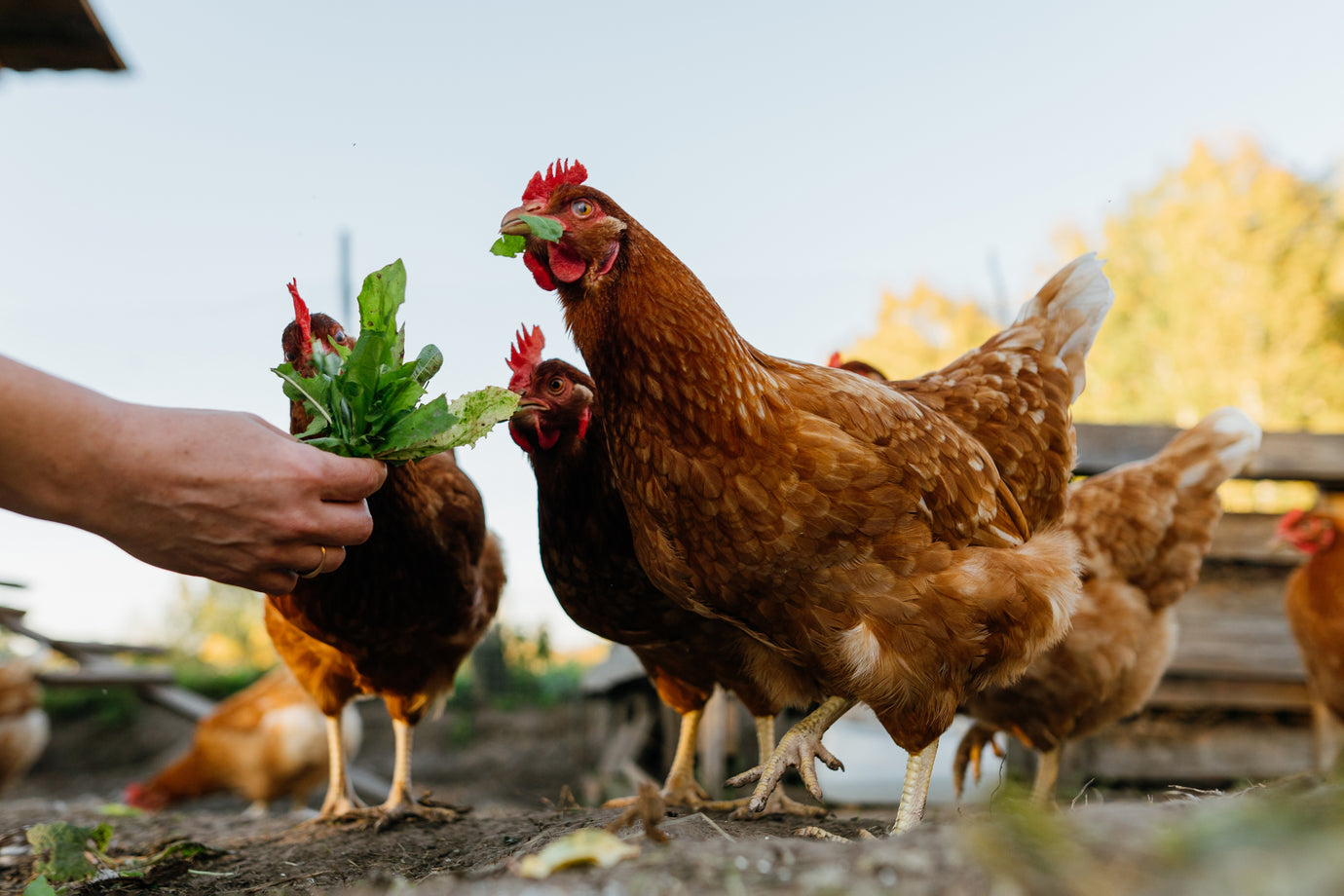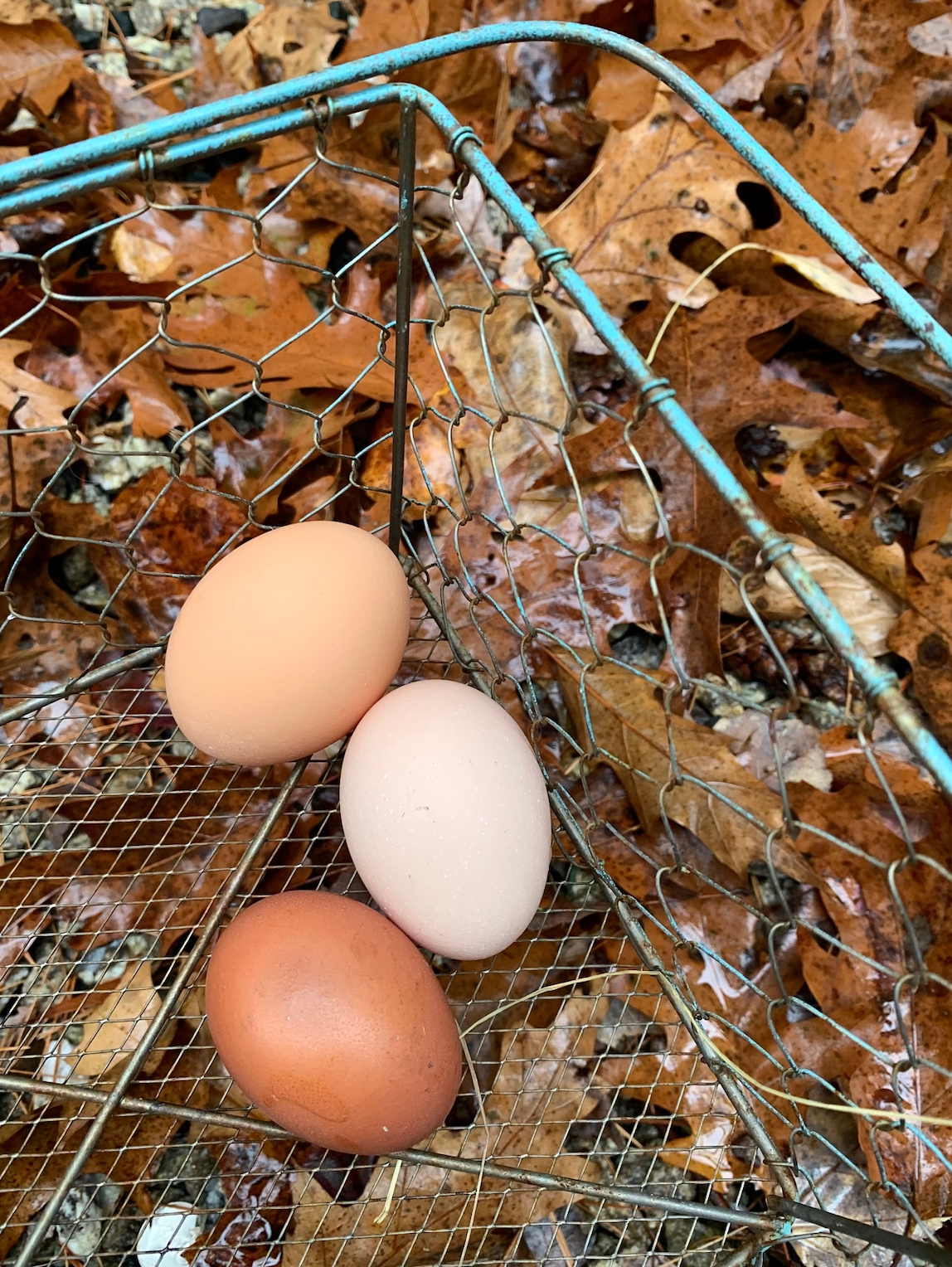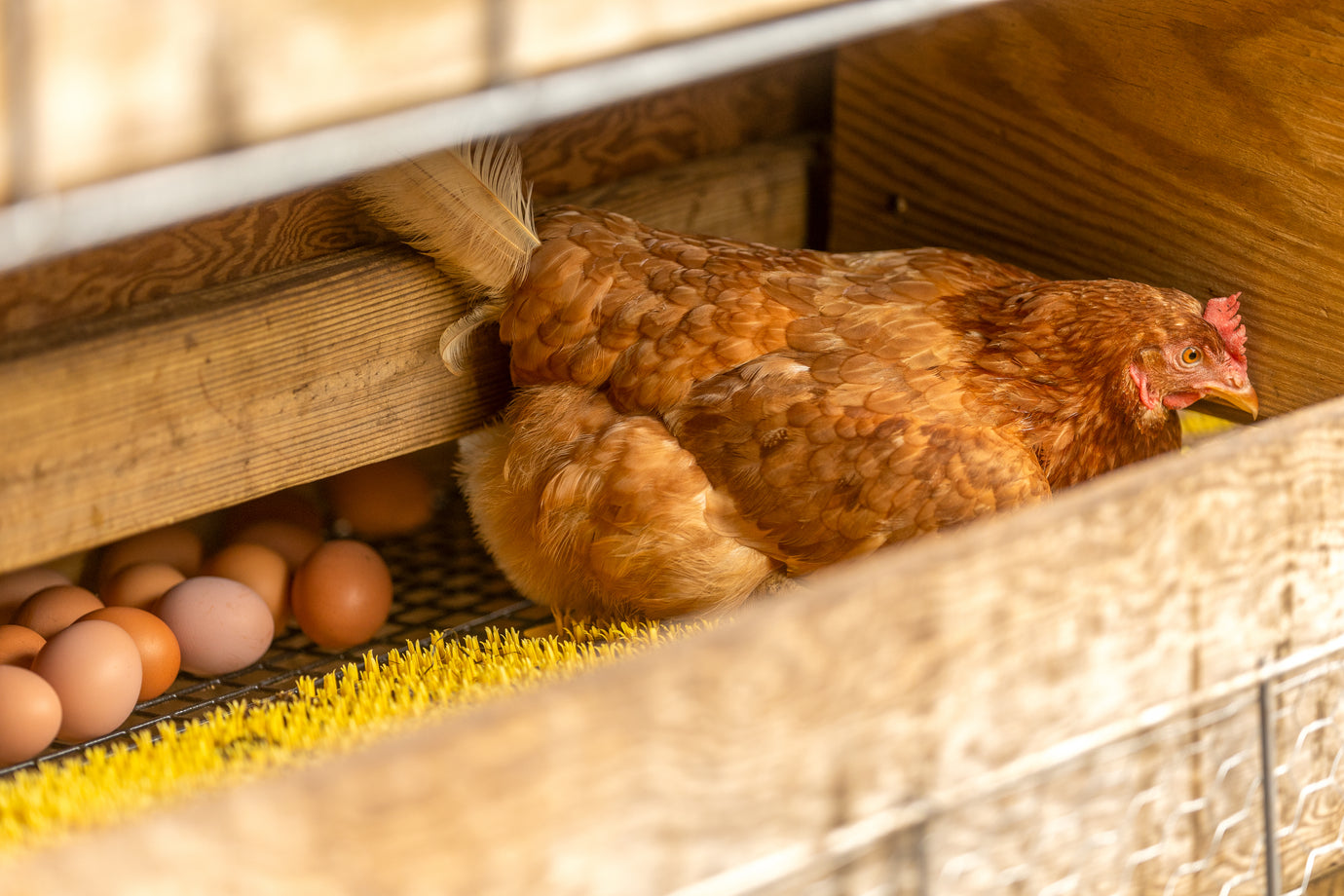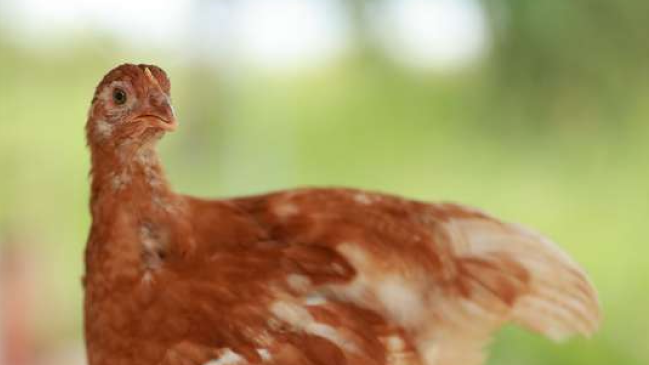How to Care for a Broody Hen
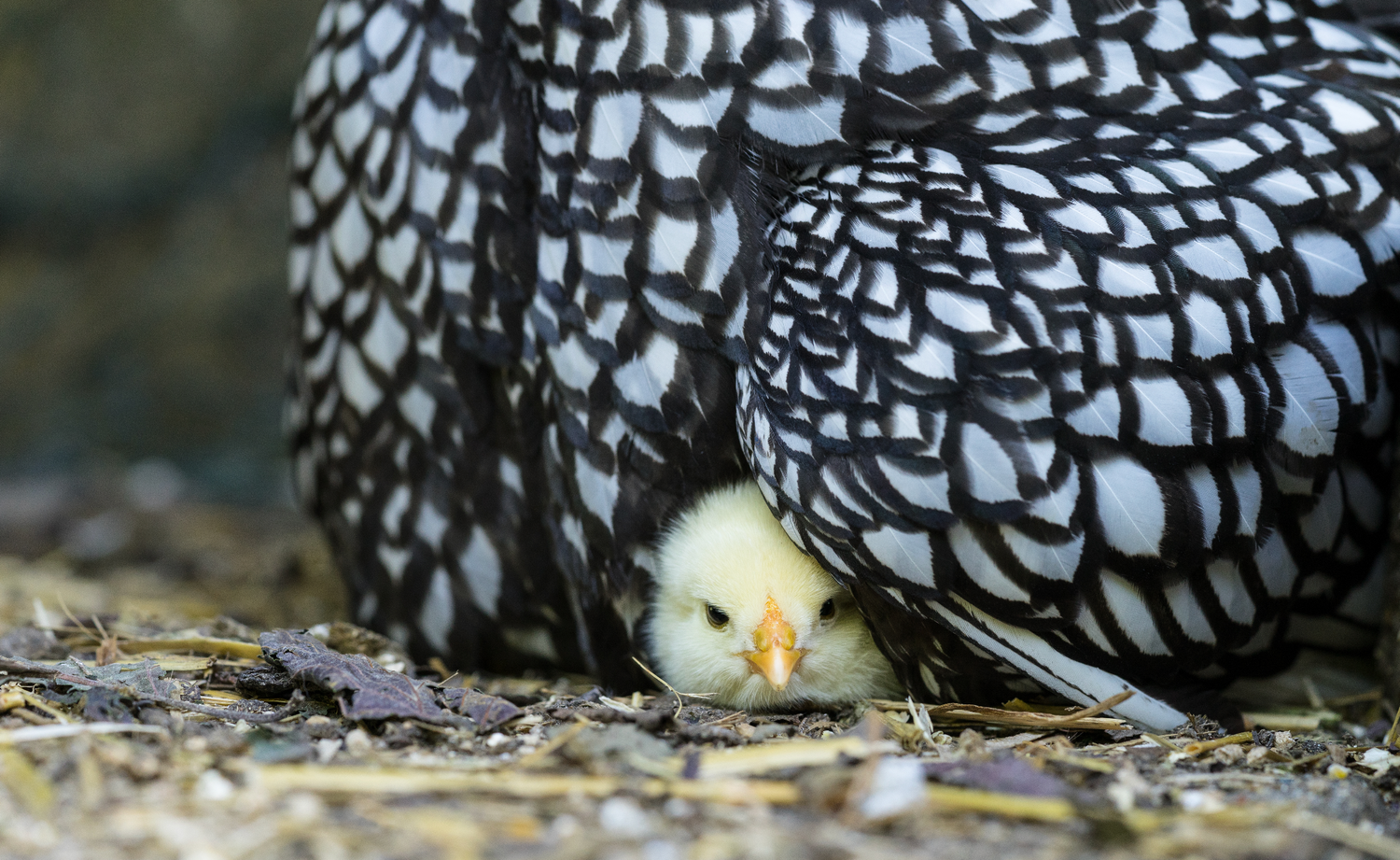
How to Care for a Broody Hen
I’ll never forget the day my first hen went broody. I walked into the chicken coop to gather up the eggs, and she was hiding in the nest box with her fluffy butt pointed in my direction. Typically, this isn’t an issue when gathering eggs. But when I reached beneath her, she growled and puffed up and landed a swift peck on my right arm.
At first, I was shocked, then worried. Was she sick? Did she get injured? Was there something in the coop? And then it dawned on me – she was broody and wanted that pile of eggs beneath her to hatch into a gaggle of tiny little chicks. I decided to make some changes to give her some support.
I’ve since raised dozens and dozens of baby chicks, and cared for many broody mamas. Ultimately, you’ll need to figure out what works for you and your flock, but here are a few tips based on how I manage mine.
Broody Area
Many people successfully allow their hens to go broody in their coop or barn. But my chicken coop can be a little bit difficult for baby chicks to navigate due to its size and the high chicken door. So, I like to separate my hens into their own broody area.
A broody mama doesn’t need a lot of space, because mostly all she is doing is just sitting. She’ll get up once in a while to eat, drink, poop, and stretch, but for the most part, she just sits. So, an easy broody spot is a large Rubbermaid tote with some shavings, a pop-up pet tent, or even a tiny coop or rabbit hutch. You’ll want to line the bottom with pine shavings or other bedding material and make sure your hen has easy access to food and water. I like to use some kind of brooder that will be good for her to raise her chicks in, too.
Food and Water
Your broody hen won’t eat and drink as much as usual, but she will still need food and water. A small feeder and waterer at one end of the enclosure works great. You won’t want her to have to work too hard to get to her meals, or she might not eat at all. Providing Avaplex® during this time will reduce any additional stress associated with chick rearing, boost immunity, and protect your hen from any health challenges so she can focus on raising strong babies.
Protection from the Elements and Predators
Broody hens are easy prey for predators, so you’ll want to make sure to keep her brooder somewhere safe. I’ve had multiple set-ups in my garage, basement, and even inside of the chicken coop. Not only does she need to be safe from predators, she also needs to be out of the sun and rain. You might want her brooder to be somewhere convenient because you’ll need to check her food and water every day.
Give Her Space
Your broody hen doesn’t need help being broody – she knows exactly what to do! Besides freshening up her brooder and giving her food and water, you’ll want to leave her in peace. Too much interference can really stress her out. Not only is it hard on her health, but if she gets very upset, she might abandon her clutch of eggs, and the babies won’t survive.
When you do go into the brooder, be prepared. You’ll want to make it as quick and stress-free as possible, so keep other pets and noisy people away from her.
You might want to wear gloves because some broody mamas are extra vicious! She’ll growl, ruffle up her feathers, glare at you, and she might even peck you- hard! Don’t worry. She won’t stay this way forever! Sometimes, the sweetest hens turn into the meanest broody mamas, but it won’t last very long. Once the babies are hatched, she’ll soon get back to her normal, happy self.
Watching a hen raise chicks can be very fun and enjoyable. Set her up for success with the right brooder, food, water, supplement, and shelter, and watch her shine!
